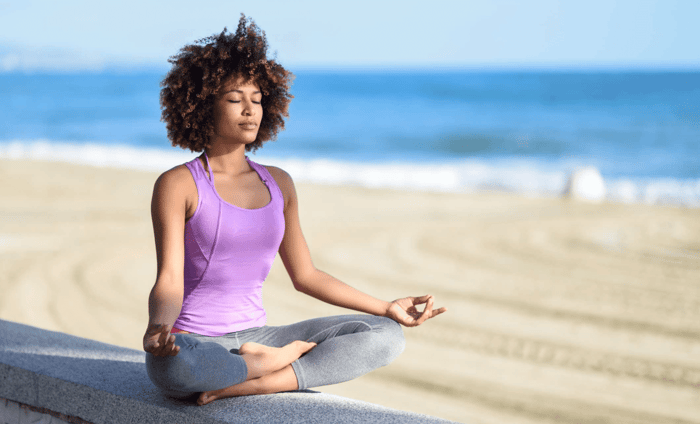Meditation has been practiced for thousands of years, serving as a powerful tool for cultivating mindfulness, reducing stress, and enhancing overall well-being. With so many approaches available, finding the right meditation style can feel overwhelming. Here, we explore some popular methods of meditation to help you choose the one that best suits your needs.
1. Mindfulness
Mindfulness meditation focuses on cultivating awareness of the present moment without judgment. Originating from Buddhist traditions, this method involves paying attention to your breath, bodily sensations, and thoughts as they arise.
How to Practice:
- Find a quiet space and sit comfortably.
- Focus on your breath as it flows in and out.
- When your mind wanders, gently bring your attention back to your breath.
Mindfulness meditation is known for reducing stress and increasing emotional resilience.
2. Loving-Kindness (Metta)
This practice emphasizes cultivating an attitude of love and compassion toward oneself and others. It can help enhance empathy and improve relationships.
How to Practice:
- Sit comfortably and close your eyes.
- Repeat phrases like “May I be happy. May I be healthy. May I be free from suffering.”
- Gradually extend these wishes to loved ones, acquaintances, and even those you find challenging.
3. Transcendental (TM)
TM involves silently repeating a specific mantra to transcend ordinary thought and reach a state of deep relaxation and inner peace. This method is highly structured and often requires guidance from a certified instructor.
How to Practice:
- Sit in a comfortable position with your eyes closed.
- Silently repeat a mantra provided by your instructor.
- Focus on the mantra for 15-20 minutes, twice daily.
4. Body Scan
This technique is a type of mindfulness meditation that involves systematically bringing attention to different parts of your body. It is particularly effective for reducing tension and promoting relaxation.
How to Practice:
- Lie down or sit comfortably.
- Start at the top of your head and slowly move your focus down to your toes.
- Notice any sensations, tension, or discomfort without judgment.
5. Zen (Zazen)
Rooted in Zen Buddhism, Zazen is a seated meditation that emphasizes posture and breathing. Practitioners often focus on observing their thoughts without attachment.
How to Practice:
- Sit on a cushion or chair with your back straight.
- Focus on your breath and count each inhalation and exhalation.
- Maintain awareness of the present moment without striving for any specific outcome.
6. Guided
In guided meditation, a teacher or recording leads you through the practice. This method is ideal for beginners and those who struggle to meditate independently.
How to Practice:
- Use an app or follow an online session.
- Listen to the guidance, which may involve visualization, breathing exercises, or affirmations.
7. Movement-Based
Practices like yoga, tai chi, and qigong incorporate movement with mindfulness. These methods focus on the connection between the body and mind.
How to Practice:
- Follow a structured class or video.
- Move slowly and deliberately, paying attention to each motion and how your body feels.
8. Breathwork
This method involves using specific breathing techniques to calm the mind and energize the body. Breathwork can range from simple deep breathing exercises to more advanced practices.
How to Practice:
- Sit or lie down comfortably.
- Inhale deeply through your nose for a count of four, hold for a count of four, and exhale for a count of four.
- Repeat for several minutes.
Choosing the Right Method
When selecting a style, consider your goals and personal preferences. If you’re seeking stress relief, mindfulness or breath work styles might be a good fit. For those looking to deepen their spiritual practice, transcendental or Zen methods could be more appropriate.
Experiment with different methods to find what resonates with you. With regular practice, any form of meditation can help improve your mental clarity, emotional balance, and overall quality of life.

